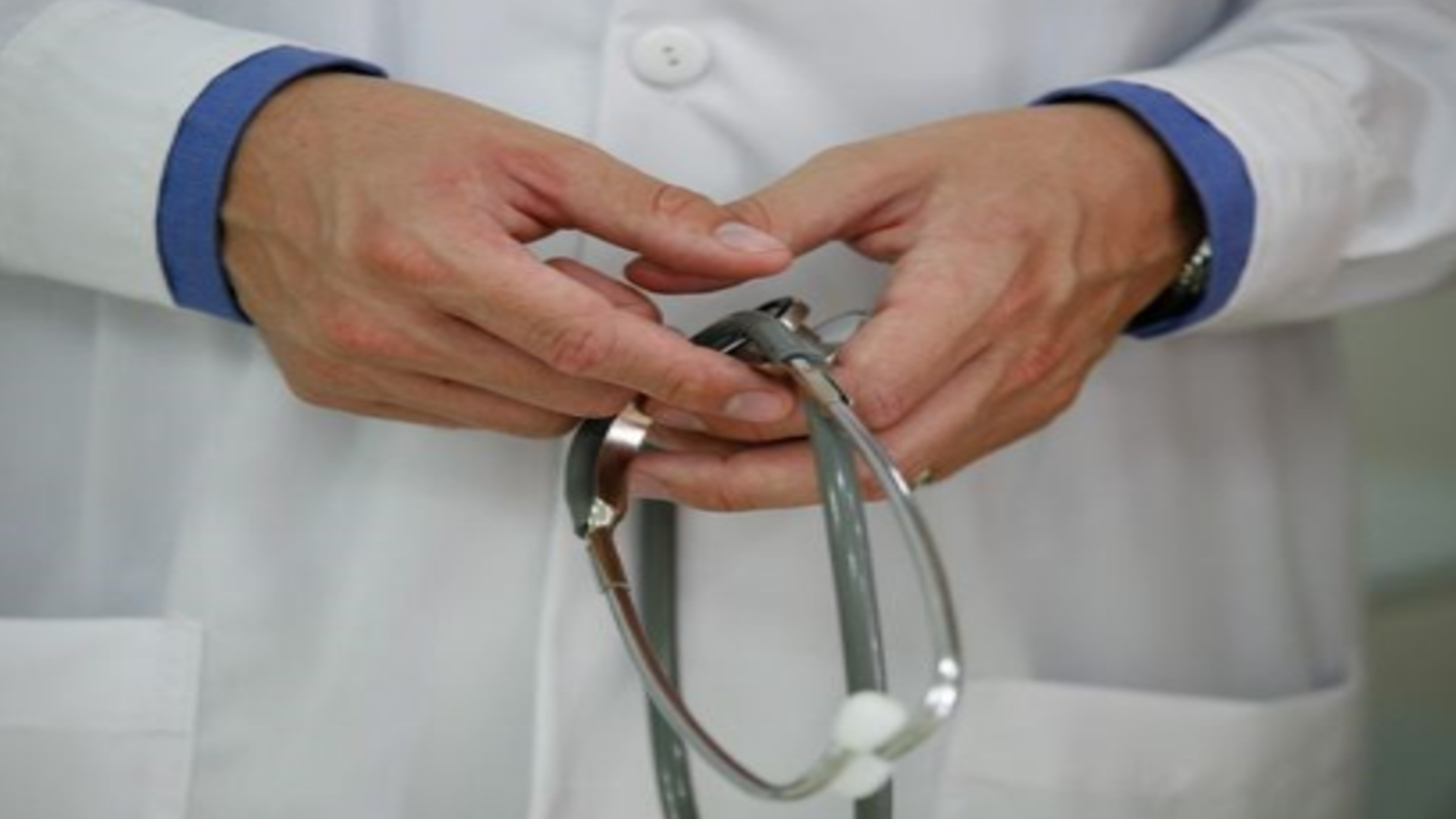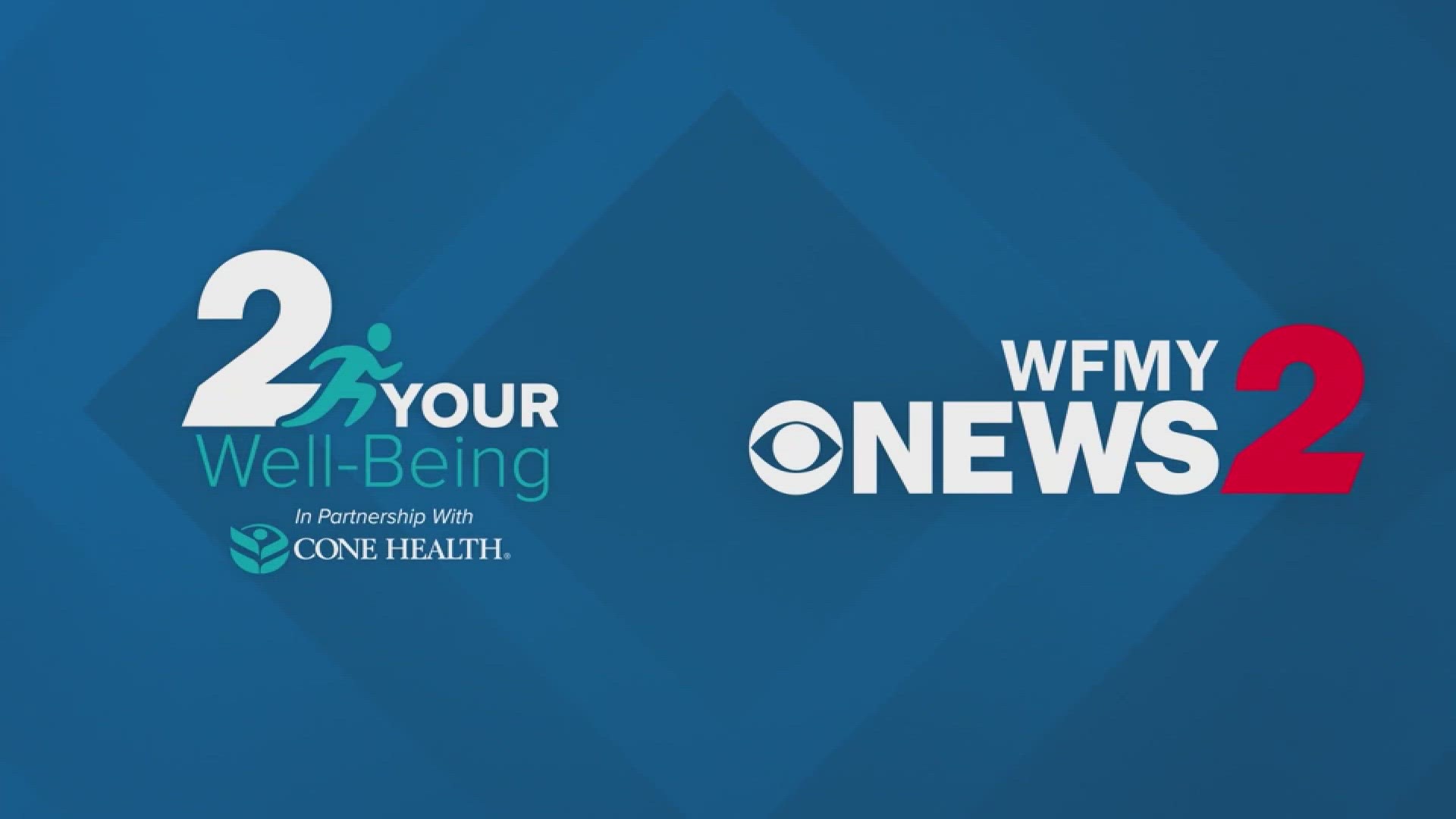GREENSBORO, N.C. — You've heard it's important to watch your cholesterol. But what exactly does that mean? It's tied to your heart health, and keeping it in check could prevent things like stroke and heart disease.
Find more stories geared 2 Your Well-Being.
Good cholesterol vs. bad cholesterol
When you hear the word cholesterol - you may automatically think it's a bad thing. But there are actually two types of cholesterol. HDL is known as "good" cholesterol. It lowers your risk for heart disease and stroke. HDL absorbs cholesterol in the blood and carries it back to the liver. The liver then flushes it out of the body.
LDL is better known as "bad" cholesterol. Too much of it can cause plaque buildup in your blood vessels, increasing your risk for heart disease and stroke.
How do you know if you have high cholesterol?
High cholesterol has no symptoms. The only way to know if you have high cholesterol is through a blood test. That's why it's important to see your doctor for regular exams, which may include routine blood tests.
People who have high cholesterol may be candidates for a heart scan calcium test. Cone Health experts say calcium is a great thing for your bones and teeth, but it's a bad thing for your heart.
The heart scan calcium test is a way to check for calcium - or plaque - buildup in your coronary arteries. Plaque buildup could lead to a cardiac event, like a heart attack, or indicate early heart disease. The test is recommended for people aged 40-75 who:
- Have a family history of heart disease
- Have abnormally high blood cholesterol levels
- Have diabetes
- Have high blood pressure
- Smoke
- Are overweight or obese
- Do not exercise regularly
Lowering your risk for high cholesterol
A few things you can do to help prevent high cholesterol include:
- Limit foods that are high in saturated fat, such as cheese, fatty meats, and dairy desserts.
- Choose foods that are lower in saturated fat and added sugars, like lean meats, seafood, whole grains, fruits, and vegetables.
- Eat foods high in fiber, like oatmeal and beans.
- Get regular physical activity and make it part of your daily routine. For example, take the stairs instead of the elevator.
- Quit smoking. Smoking speeds up the hardening of your arteries, increasing your risk for heart disease.



